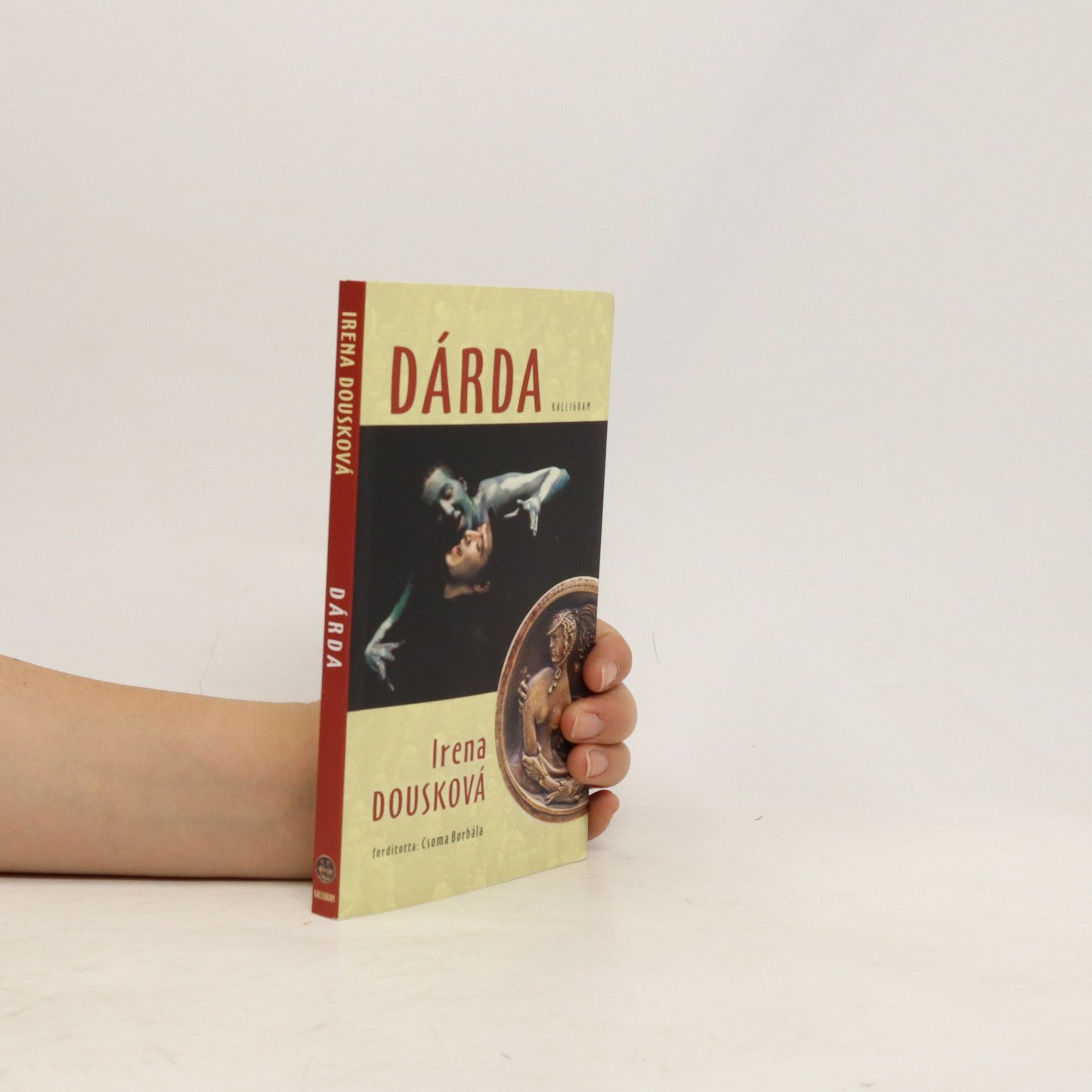Helena Součková, an eight-year-old schoolgirl in a small provincial town, deals not only with the uniquely dismal side of life in communist Czechoslovakia, but also with more than a few universal issues, like death, school dinners, guilt, obtuse teachers, betrayal, love, Jewishness, annoying little brothers, almost absent fathers, cruel classmates, bogus adults, eerie daydreams and nightmares that reflect the society around her. A child of her time, Helena nevertheless rises above it all with her special blend of grit, common sense and dark imaginings, which speak to us today with clarity and power. Helena has come to be a well-known archetype that many can identify with. Hrdý Budžes is now a firm family favourite in the Czech Republic and elsewhere in Central Europe. What has the English-speaking world been missing out on?
Helenka Součková Serie
Esta serie narra la vida de una niña curiosa y perspicaz en un pequeño pueblo checo durante la época de la normalización. A través de sus ojos inocentes, los lectores son testigos de la vida cotidiana marcada por el clima político, las complejas dinámicas familiares y sus sueños y aspiraciones personales. La perspectiva infantil revela las absurdidades de la época, ofreciendo a la vez una conmovedora visión del crecimiento, el descubrimiento del mundo, el amor y las inevitables decepciones.



Orden recomendado de lectura
Onegin was a Rusky
- 280 páginas
- 10 horas de lectura
Like B. Proudew, this work is an idiosyncratic autobiography woven into a collective memory of 1980s ‘timelessness’, to quote Václav Havel. In spite of the vetting obstacles placed in her way by the authorities, Helena Součková has succeeded in getting to grammar school. And although the cards fate deals her are difficult to play, she battles gamely to reach an understanding of her inner world and the world of hypocrisy around her. This coming-of- age novel gradually pieces together a mosaic of the era of deep normalization under President Husák, when most citizens of Communist Czechoslovakia did not even dare to think that the downfall of the system was within reach. Its atmosphere of all-pervading absurdity, apathy and bleakness stands in strong contrast to the author’s resourceful humour, which turns out to be one way to deal with a regime and an age of obtusity, indeed obtusity in general. The larger themes of the novel include human liberty, personal responsibility for one’s own behaviour and the quest for moral boundaries, both with regard to the family and the political set-up: totally timeless topics.